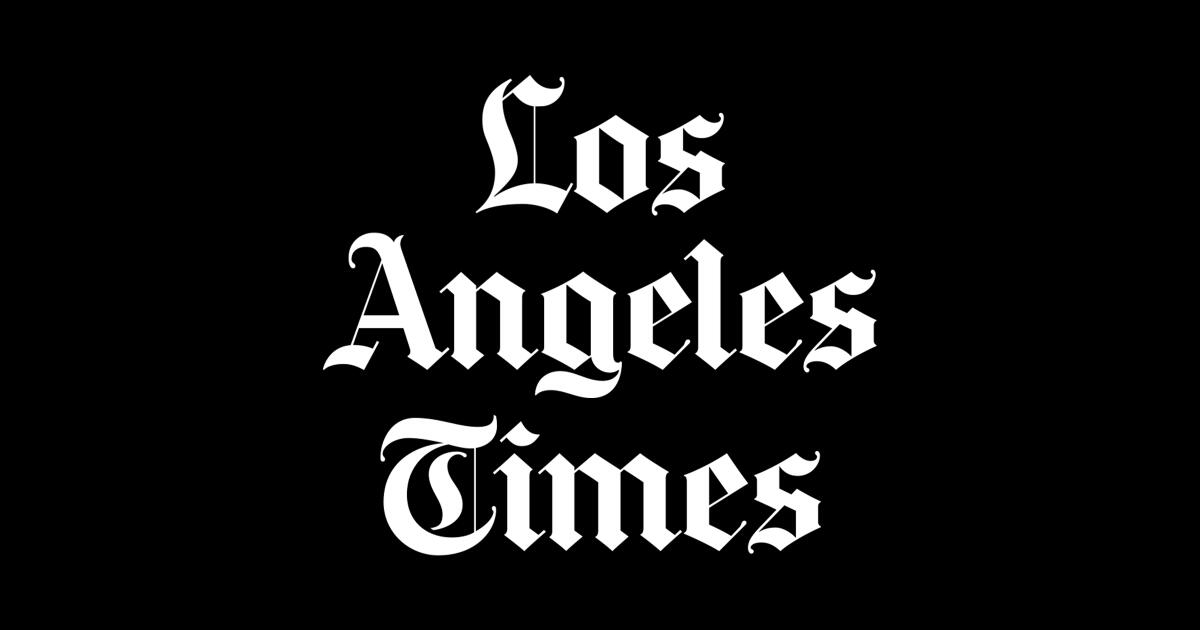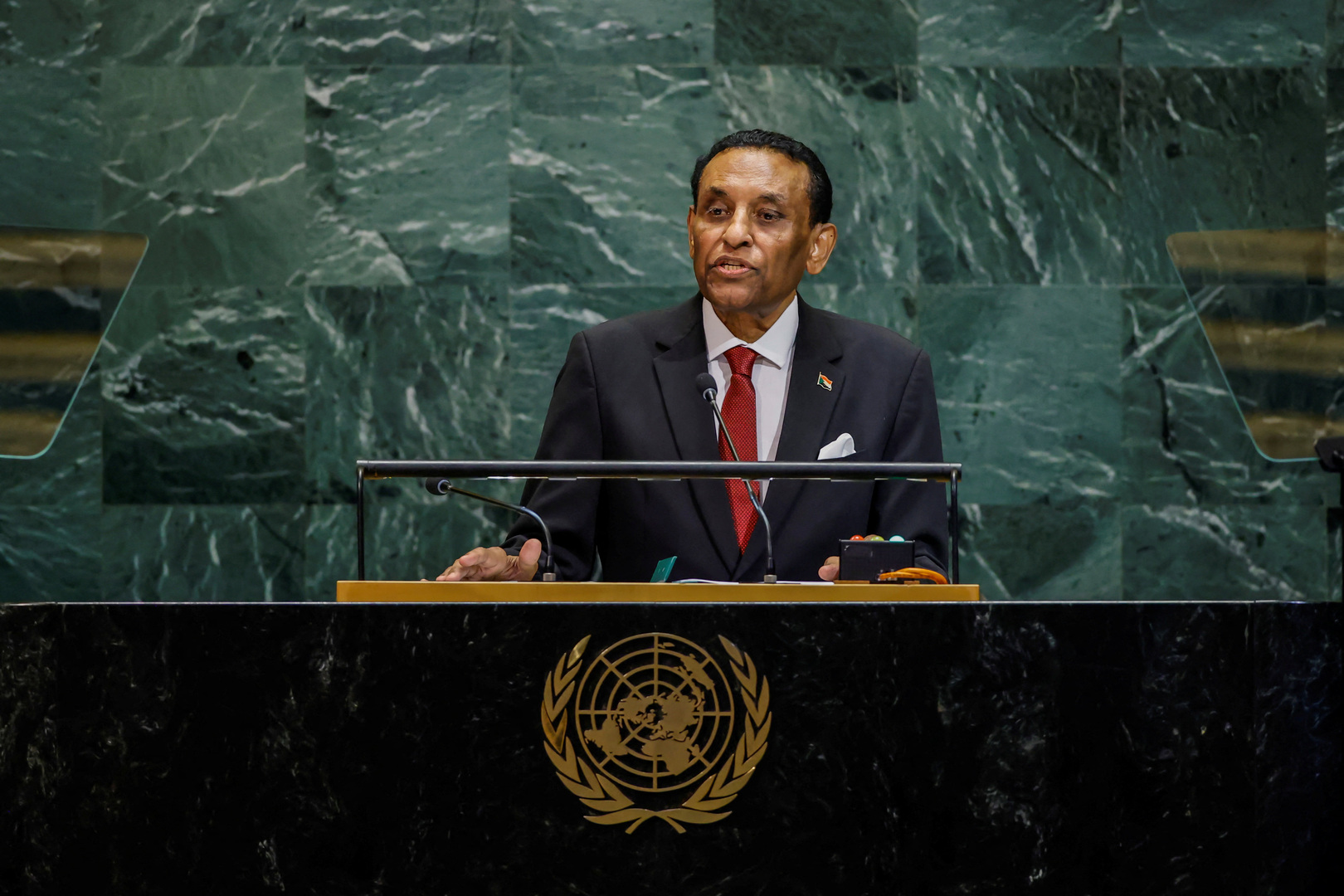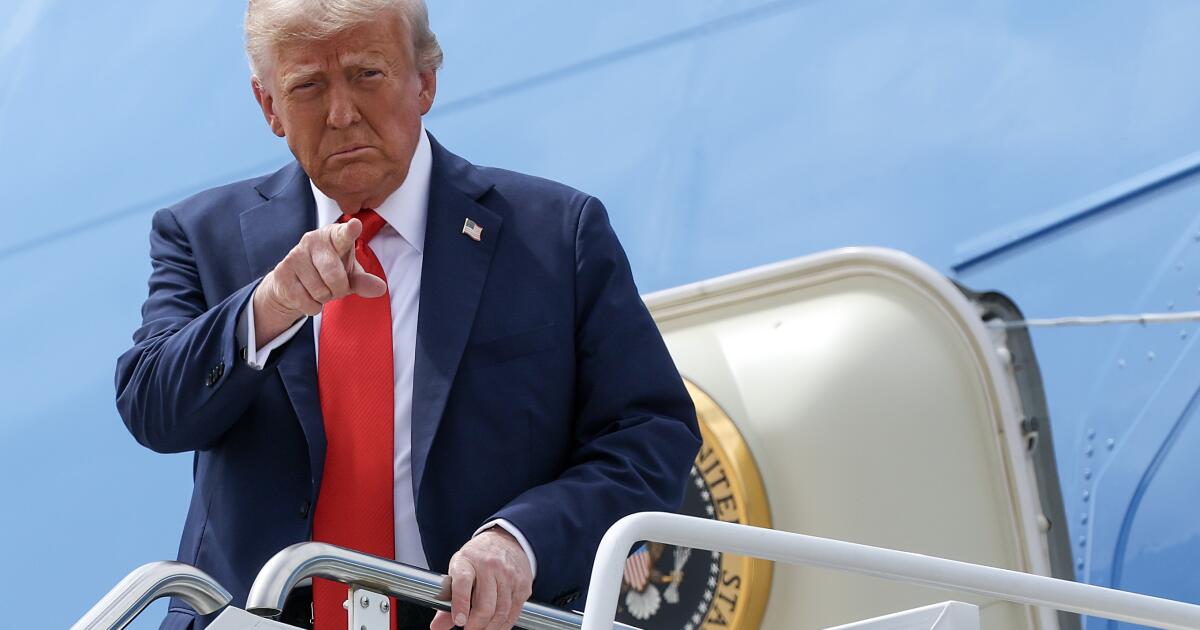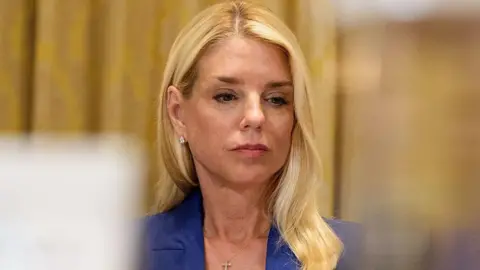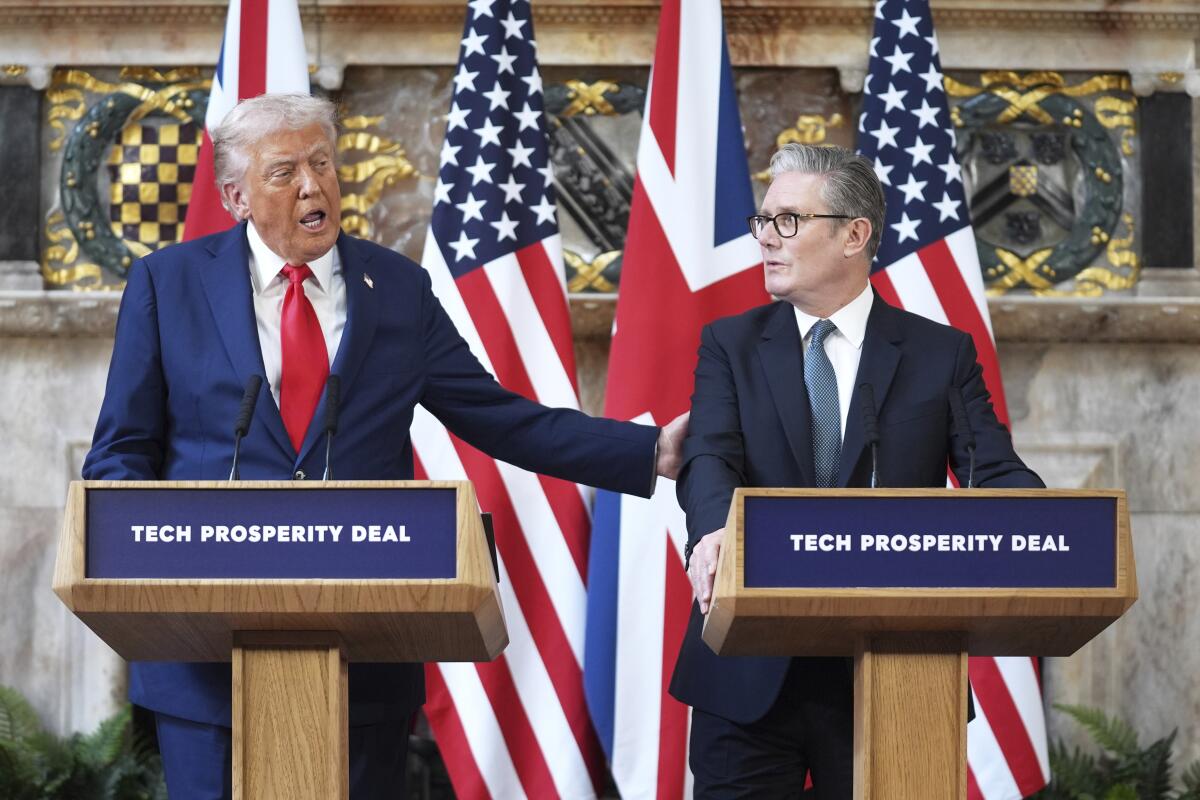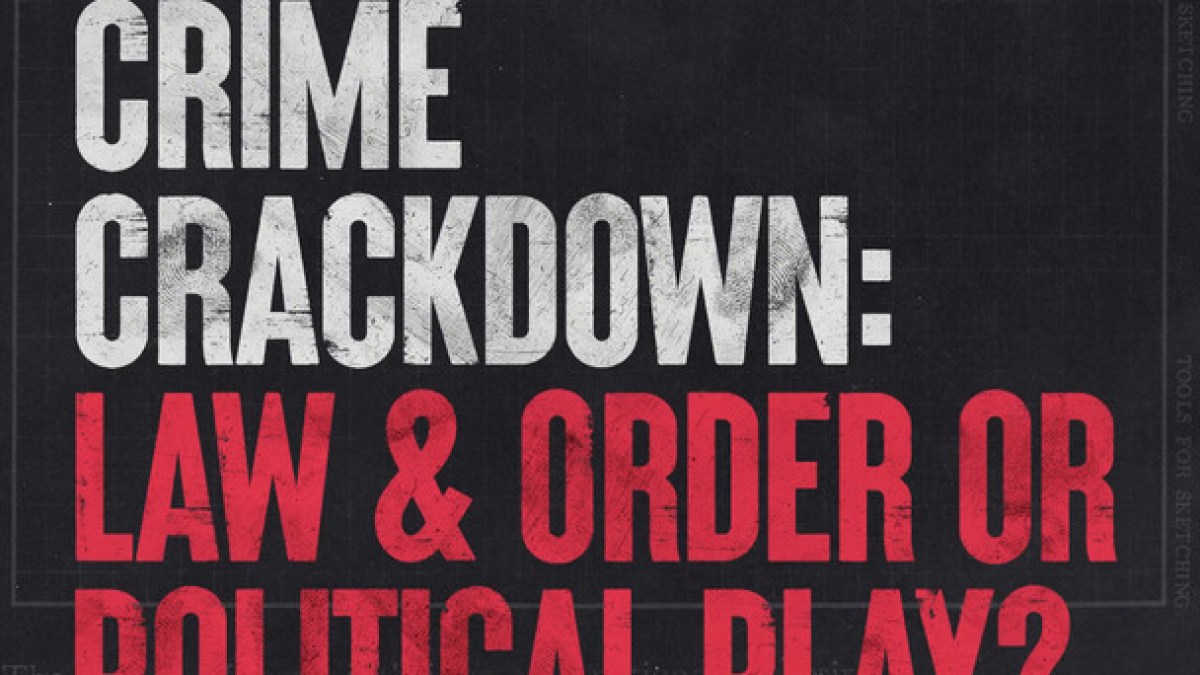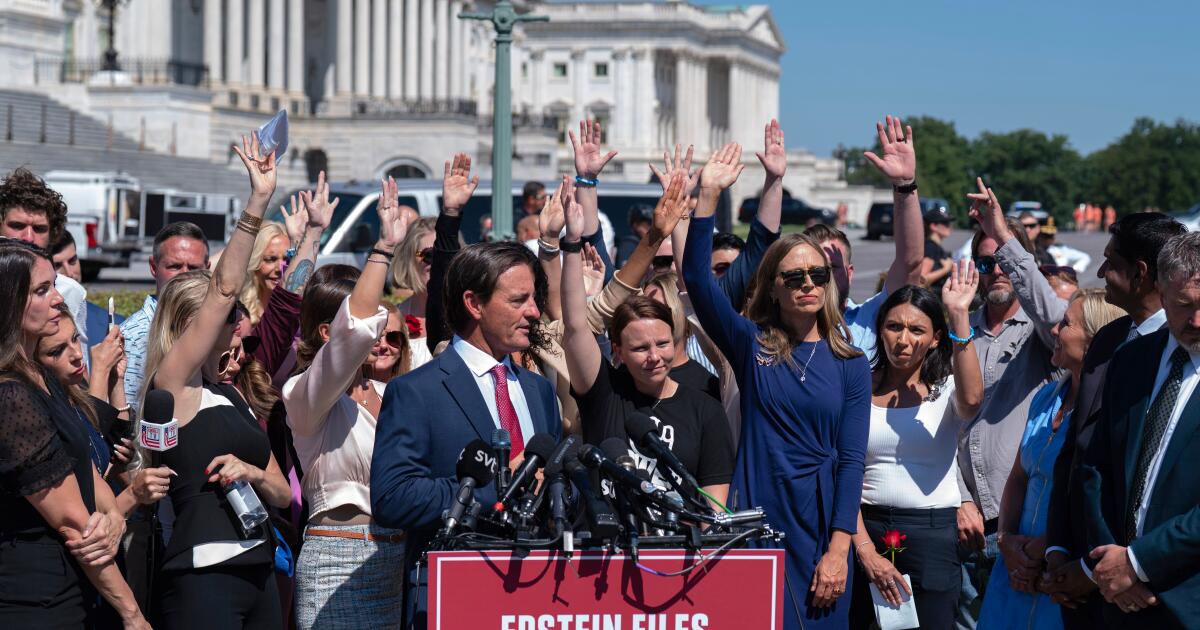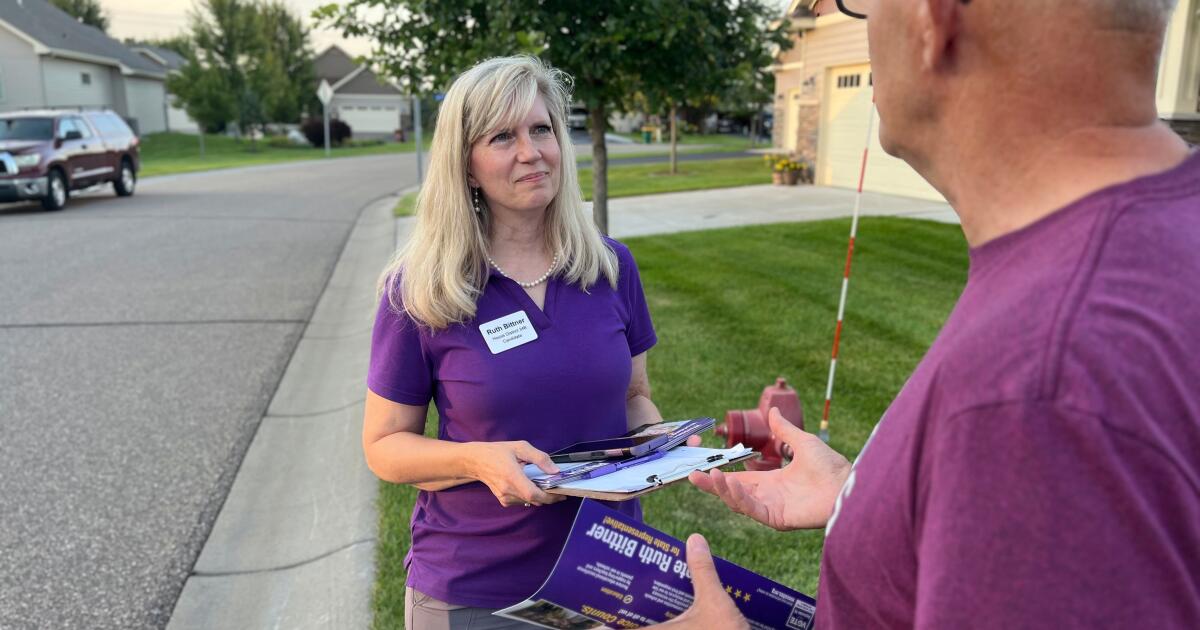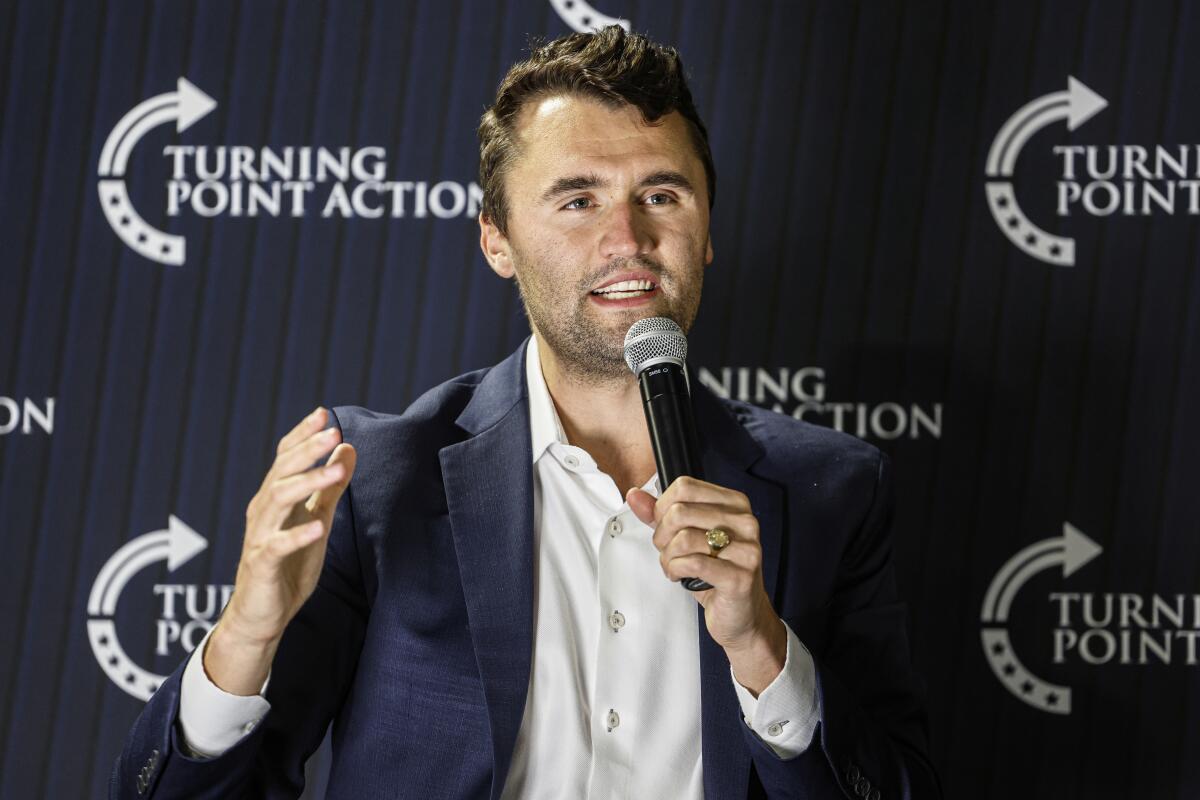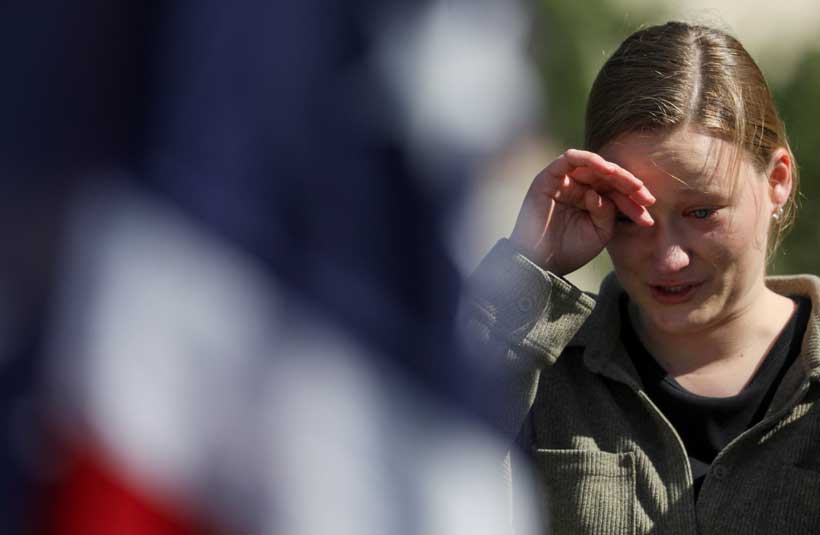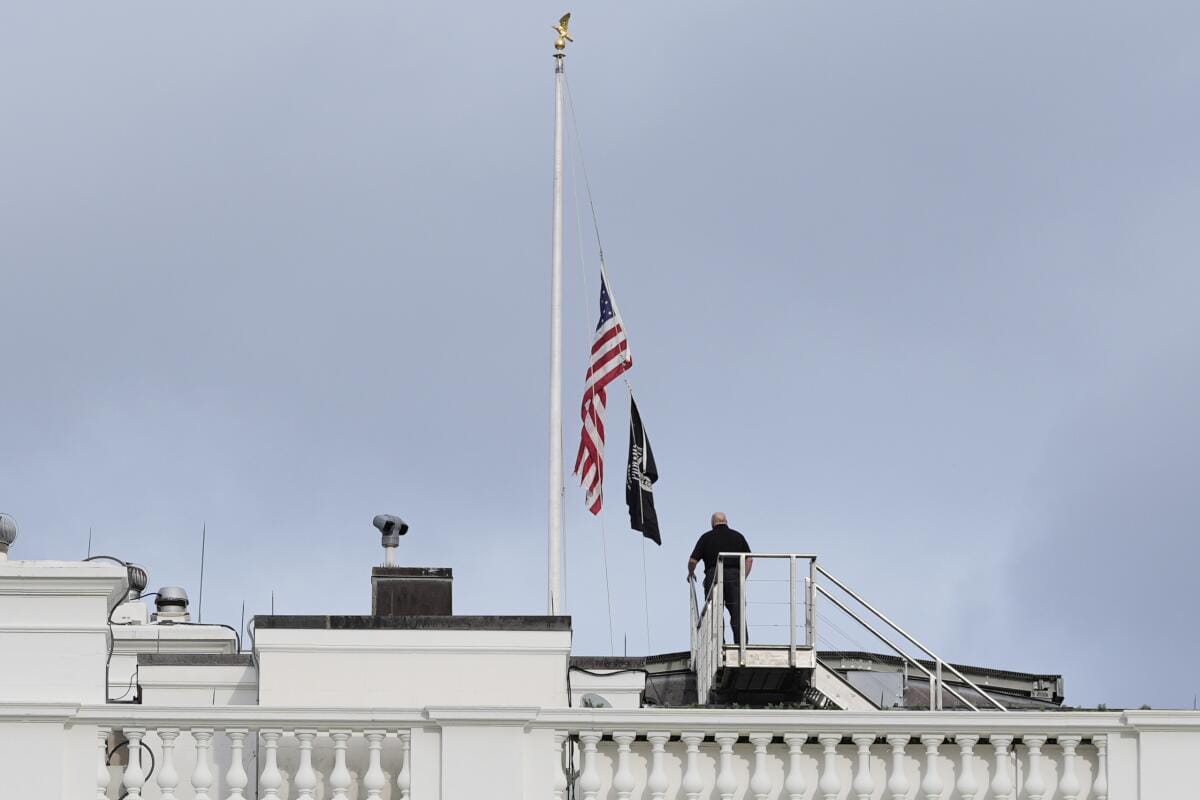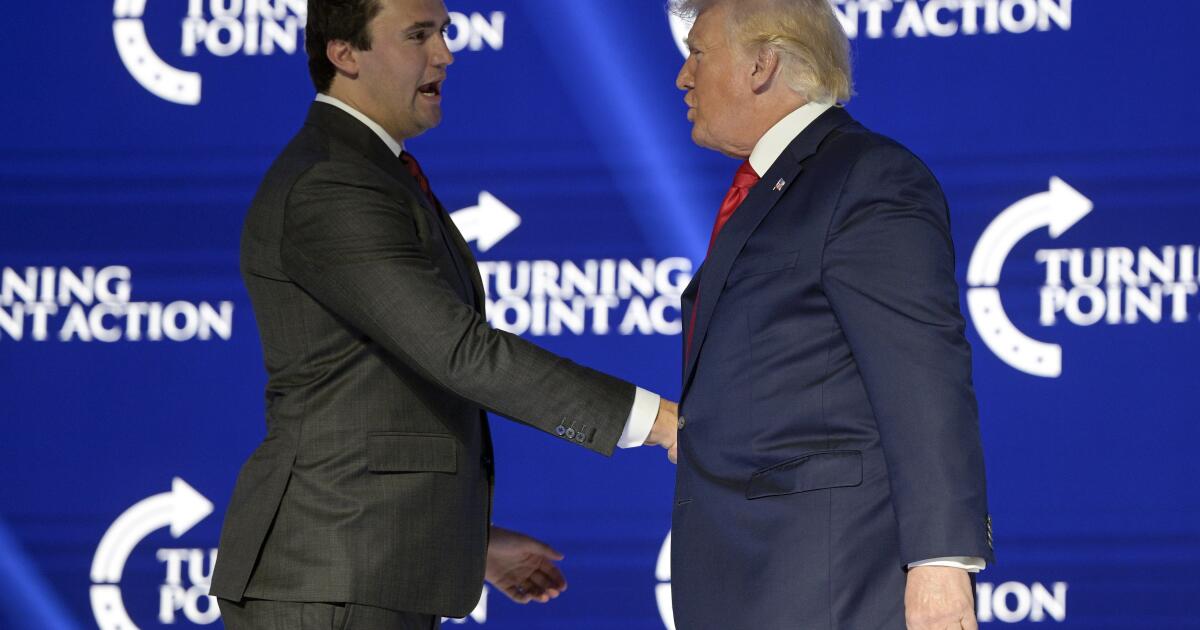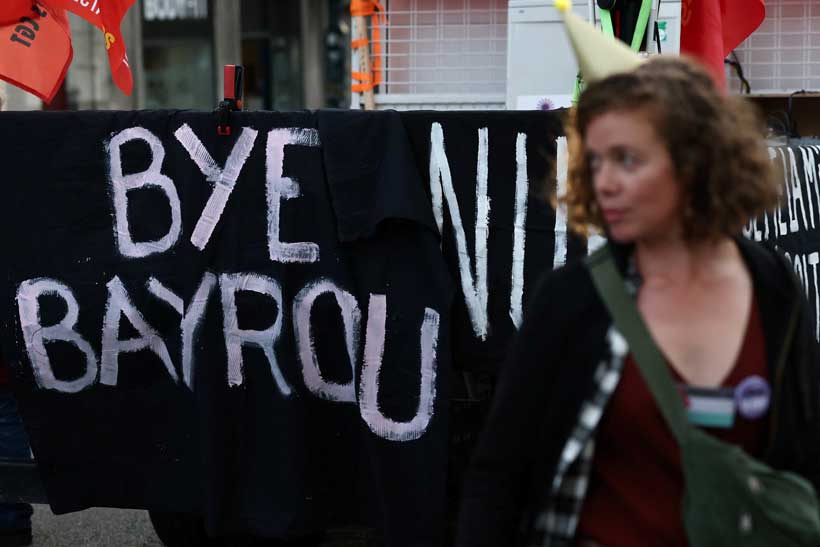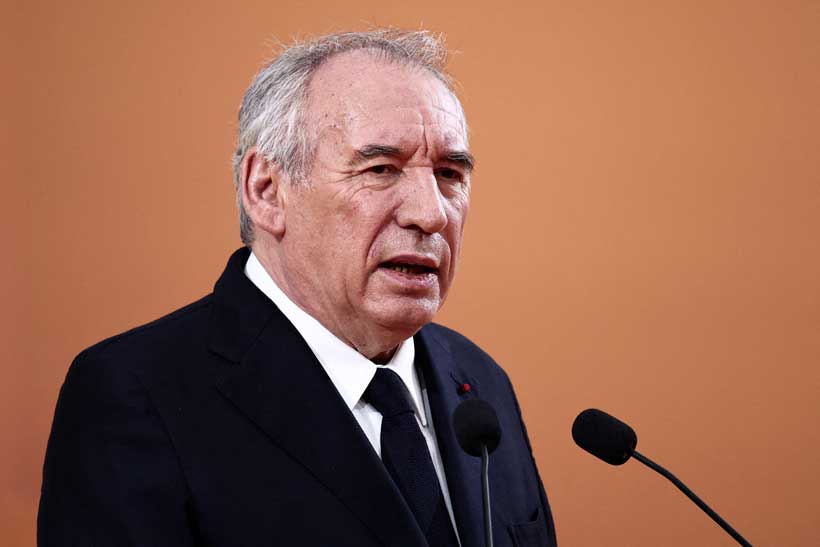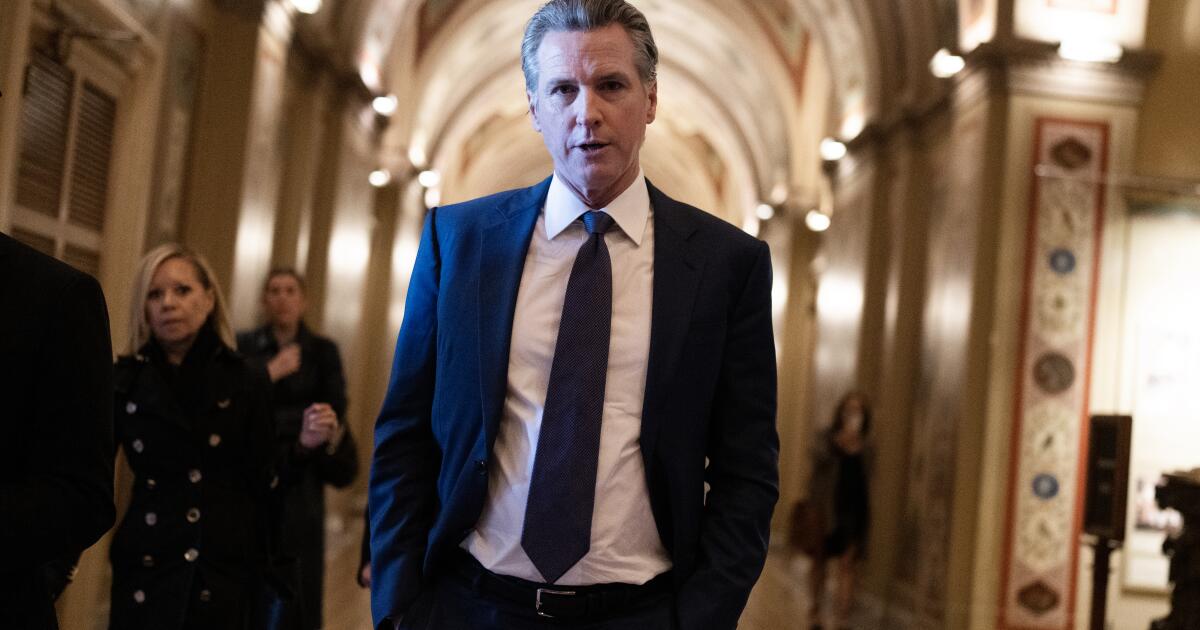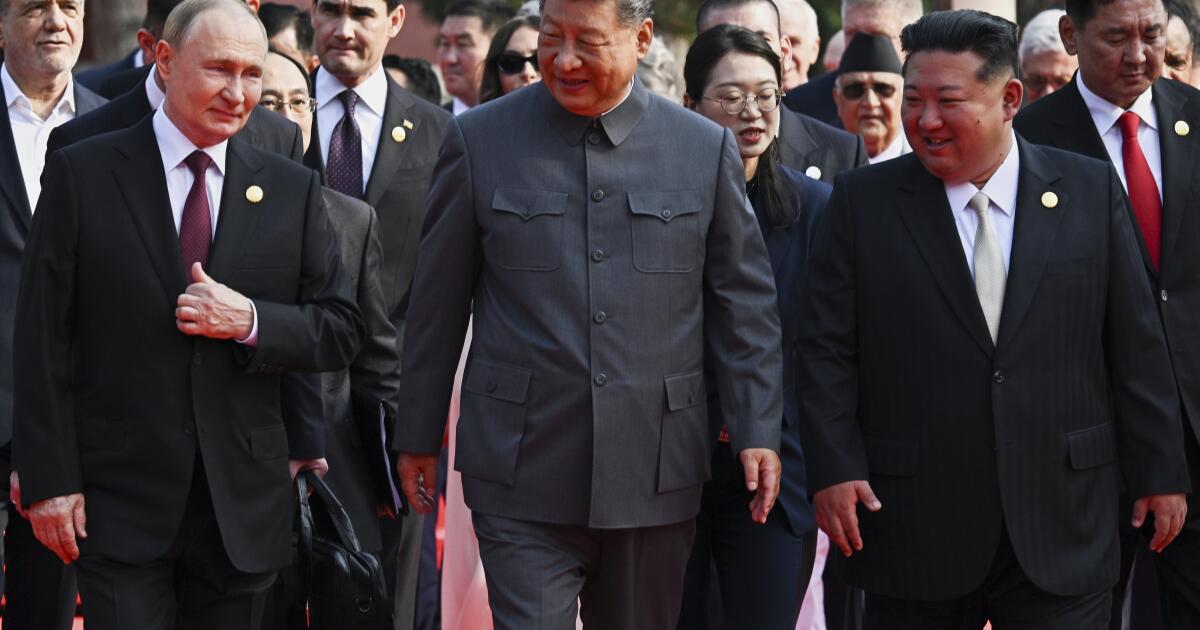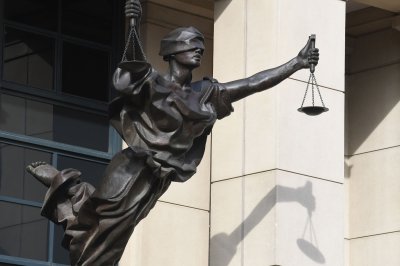Grass-roots organizing, voter registration, precinct walking, ward captains, school board elections, city council races, political patronage– the political process. A familiar story in this country, familiar signs to ethnic groups as they proceed along the American Way, signals that they are on the right path to the mainstream.
Not all that familiar, however, to Arab-Americans, at least not until now. That is the contention and the concern of James Zogby, an Arab-American of Lebanese descent from Upstate New York, who is executive director of the Arab American Institute.
Founded Institute
Zogby, a Democrat who was deputy manager of Jesse Jackson’s 1984 presidential campaign, and George Salem, a Republican who was executive director of the ethnic voters division of the Reagan-Bush campaign, founded the Washington-based bipartisan institute last year. Their aim, according to their literature, is to organize Arab-Americans into a political constituency able “to claim its place in American politics, just as other ethnic groups have done.”
Zogby recently spoke at the founding dinner of the Arab-American Republican Club in Orange County. The institute is supporting an effort, headed by Mounzer Chaarani, president of the Orange County club, to form 10 such countywide clubs in California and then, a state chapter.
After Detroit and its environs, Southern California has the highest concentration of Arab-Americans in the country, an estimated quarter-million, Zogby said during his visit here. Later, when the time is right, he said, the institute will be just as supportive helping Arab-American Democrats form California chapters. He is not talking about the distant future.
“We’re a community coming of age,” he says frequently, convinced that until recently such organizing efforts would have been premature. Now, he says, as of 1984–a watershed year for Arab-Americans who were a presence in the presidential campaigns to a degree unprecedented in their history–they are on target.
Exciting Experience
“It was an exciting experience. We had a taste of national politics. It felt right. In 1980 we would not have been ready.”
Until 1984, he said, Arab-Americans, whether they came in the initial wave 60 years ago, or in the more recent group than began arriving 20 years ago, were outside the political process. The earlier immigrants, he said, were largely peasants or others with rural backgrounds and little or no experience with democratic processes or politics. Their efforts were concentrated on making it economically here, which they largely did, in small business, the professions and farming. Recent immigrants, he said, often more urban and professional, have been occupied thus far with making their economic adjustment.
To the degree that there was any political activity among Arab-Americans, Zogby said, it was along more national, factionalized lines. People identified themselves as Lebanese, Syrians, Palestinians, Egyptians rather than as Arab-Americans, and that is how they formed their societies, including their few political clubs.
That has been changing, he said, to some extent because of the Arab-Israeli conflict in the Middle East, where Arab-Americans found themselves more united than divided in their opposition to the United States’ Middle East policy. Also, he said, it has been changing, thanks to earlier organizing efforts, some of which Zogby himself had a part in.
Zogby was the original executive director of the American-Arab Anti-Discrimination Committee founded in 1980 by former U.S. Sen. James Abourezk of South Dakota. That group seeks to organize Arab-Americans to fight ethnic stereotyping and discrimination. In doing so it, as well as the older National Assn. of Arab Americans, he said, has promoted a sense of Arab identity, pride and community.
“Our hope,” he said of the institute’s plans, “is sometime within the next six months to bring together the Democratic and Republican leaders from all over the country and develop a strategy for the Arab community. We don’t want to see a new form of division,” he said, referring to political and religious divisions that exist in the Middle East and that have, at times, carried over to Arab-Americans here. Commenting that “there is a layering of identification to the way people’s consciousness is shaped,” he offered a hypothetical example of what it boils down to: “Yes, I feel more strongly about Lebanon than Palestine, or vice versa, “ he said, but there comes a day and a local issue when “we all have to go meet the mayor. . . .’ ”
Now that Arab-Americans have begun to feel ready to go meet the mayor, however, the mayors, and other elected officials and political figures throughout the land, have not always been ready to meet them, Zogby said.
Ultimately Encouraging
It is why 1984 was such an important, and ultimately encouraging, year he said. Walter Mondale’s campaign got off to a bad start with Arab-Americans, in a well-publicized incident where contributions made by five Arab-Americans in Chicago before the California primary were returned after charges were raised that the donors were anti-Israeli and anti-Semitic. The important thing, Zogby said, was that later Mondale apologized and an Arab-American campaign committee was appointed. Ten Arab-Americans were elected delegates or senior campaign staff at the Democratic National Convention.
Jesse Jackson invited them to join his Rainbow Coalition early on, Zogby said, and Arab-Americans raised more than $350,000 for him. In addition to George Salem’s role with Reagan-Bush, he said, there was an active Arab-American committee that topped all ethnic committees in providing volunteers to the campaign.
Beyond those national examples, he said, Arab-Americans ready to turn to politics are finding that “it is not an open field,” and more difficult for them than Asians or Latinos beginning the political process.
“The problem that Arab-Americans are having is not one of xenophobia, of ‘dirty Arabs,’ ” he said. “It’s a purely political problem and therefore it must be fought politically. The political problem is the result of our challenging a point of view (American policy in the Middle East) that wants to silence us. The way for us to deal with that is to sharpen our political skills, not to run and hide but to become more articulate.”
In the past, he said, the only political issue Arab-Americans ever were active around was the Middle East. (In general, he said, most Arab-Americans want to see an open debate on the Middle East, as other policy issues are debated. Most think the United States policy should recognize the PLO (Palestine Liberation Organization), he said. They think there should be a Palestinian state, integrity for Lebanon. Just as American Jews are not united in what they think ought to be done about Palestinians, he said, Arab-Americans do not have consensus regarding Israel.)
“People who were sophisticated in other aspects of life were not sophisticated politically. That is changing now. The economy, education, taxes, domestic issues–they can be as articulate on these issues as on foreign policy.”
A Progressive Community
Zogby’s institute has surveyed Arab-Americans and found them, he said, a progressive community. The survey indicated, he said, that like most ethnic groups, they are conservative on issues of personal morality, entrepreneurship, free enterprise.
“We are pleased to find,” he said, “they are very progressive beyond the personal,” saying they are for reductions in arms expenditures, for disinvestment in South Africa, against intervention in Central America, and for negotiated settlements in the Middle East, Central America and South Africa, and in support of a strong human rights policy.
Domestically, they favor spending on education, social programs, women in politics, and indicated they favored stronger ties with the black community.
They are, in short, a mix, fitting neither into conventional Democratic or Republican stereotypes. And, Zogby said, the institute is comfortable with that. So comfortable, in fact, that he was the house guest of Dr. Sabri El Farra, a naturalized Palestinian long active in the Republican party in Los Angeles, who voted for Jimmy Carter, sometimes supports Democrats, counts one of them, City Councilman Robert Farrell, as a close personal friend of many years and recently hosted a meeting for Jesse Jackson at his home.
“It just may be,” Zogby said, “that we reflect the experience of the country in general regarding the two parties–that neither of them, for many reasons, contain the emerging ideology of the people.”
Work With Both Parties
The institute is ready to work with both parties. The objectives, Zogby said, are to solidify and institutionalize the role of Arab-Americans in both parties, to organize voter-registration work, especially in cities where there is a large number of Arab-Americans, to build a network among Arab-Americans in public life and to encourage Arab-Americans to run for office (“no office is too small for us”) and to support those that do.
It is not that there are no elected Arab-Americans to date. There are, for example: Victor Atiyeh, a Republican, in his second term as governor of Oregon; James Abdnor, Republican U.S. senator from South Dakota; Mary Rose Oakar, a Democrat and five-term congresswoman from Ohio; James Maloof, Republican mayor of Peoria, Ill.; Nick Rahall II, a Democrat and five-term congressman from West Virginia. The problem is they are isolated, he said. There are also numerous Arab-Americans in government, the institute is finding. They too will be welcome in the network.
“An important part of ethnic politics is not issue-oriented, but family oriented,” he said. “Italian-Americans and Jewish Americans have used their politics to help each other find positions, appointments, introduce each other to people who can help. It’s being able to help each other.”
And beyond that, there is the forming of alliances with other ethnic groups over issues of mutual interest, such as current meetings with Koreans and Vietnamese in Chicago, where the three groups form a significant part of the small business community but lack the access to City Hall that older ethnic groups have, he said.
In short, the whole American political pie.
“We’ve felt the burden of not being able to challenge the Middle East policy, but until we can become a constituency of note in local communities, we’re not ready,” he said. “It’s important that our people retrace the steps that everybody has walked. Electoral politics is the key to our empowerment. It’s the long road that’s the short road. There is no other.”


